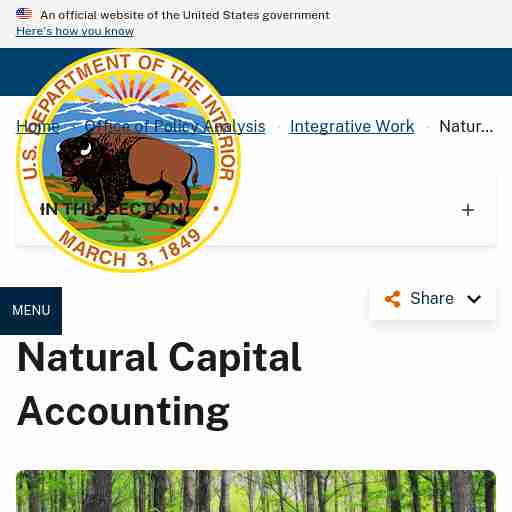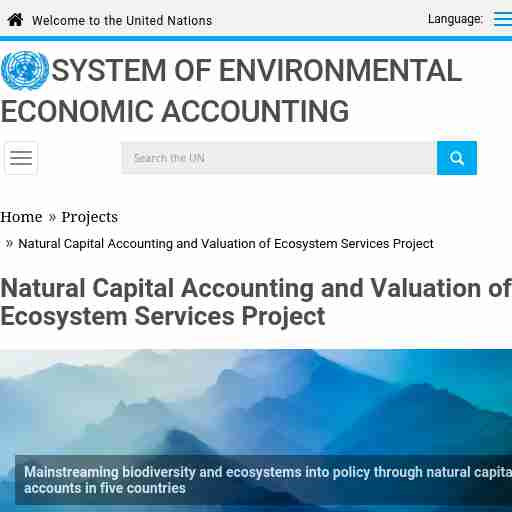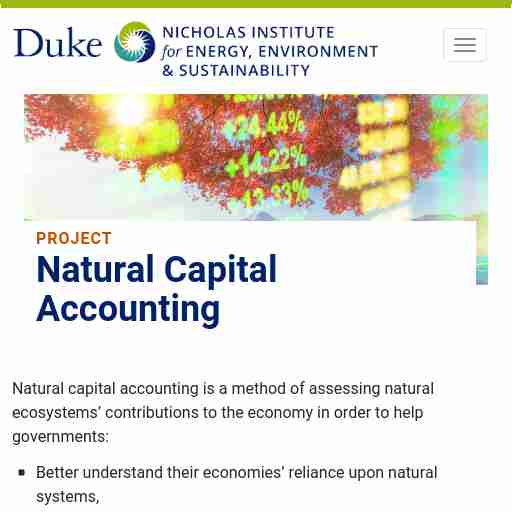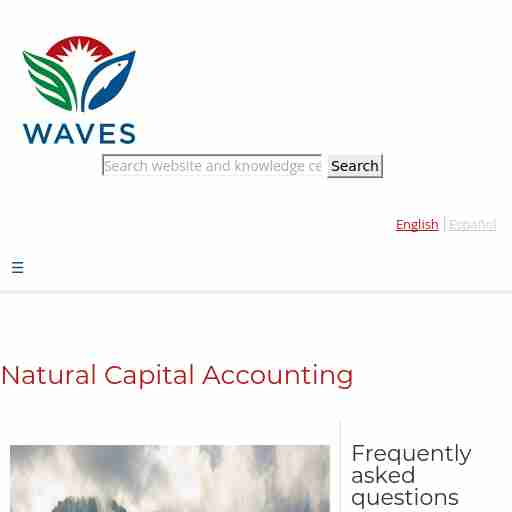Capital accounting is a crucial aspect of any business, as it helps to keep track of the financial health and performance of a company. In simple terms, capital accounting refers to the process of recording and managing a company's financial transactions related to investments, assets, liabilities, and equity.
Before we dive into capital accounting, let's first understand what capital means in business terms. Capital refers to the total amount of money or assets that a company has at its disposal. This includes both the money invested by shareholders and any debt taken on by the company.
The main purpose of capital accounting is to provide accurate information about a company's financial position. By keeping track of all financial transactions related to investments, assets, liabilities, and equity, companies can make informed decisions about their future investments and operations.
Capital accounting also helps businesses comply with legal requirements such as tax filings and financial reporting. Properly managed capital accounts ensure that businesses are not only profitable but also sustainable in the long run.
Capital accounting involves several components that work together to give an accurate picture of a company's financial position:
There are two main methods of capital accounting: cash basis and accrual basis.
Capital accounting plays a crucial role in business decision making. By providing accurate information about a company's financial position, capital accounting helps businesses make informed decisions about future investments and operations.
For example, if a company has excess cash on hand, it may choose to invest that money in new equipment or expand its operations. On the other hand, if a company is struggling financially, it may need to cut back on expenses or seek additional funding from investors.
Capital accounting focuses specifically on investments, assets, liabilities and equity while financial accounting covers all aspects of a company's finances including income statements, balance sheets and cash flow statements.
Your capital accounts should be updated regularly to ensure that you have an accurate picture of your company's financial position at all times. Most companies update their capital accounts on a monthly or quarterly basis.
Accrual accounting provides a more accurate picture of a company's financial position by recording transactions as they occur, regardless of whether cash has been received or paid out. This can help businesses make more informed decisions about future investments and operations.
Capital accounting is an essential aspect of any business. It helps companies keep track of their financial performance and make informed decisions about future investments and operations. By understanding the basics of capital accounting, businesses can manage their finances more effectively and ensure long-term sustainability.
If you need help managing your company's capital accounts, consider consulting with a professional accountant who can provide expert advice tailored to your specific needs.
---

The first government-wide natural capital accounts that would measure the economic value that natural assets provide to society. An official website of the United States government U.S. Department of the Interior Home Office of Policy Analysis Integrative Work Natural Capital Accounting The nation’s economy and environment are deeply interconnected. Water, soil, air, forests, and other natural assets play a critical role in sustaining and powering our economy—from supplying the food we eat, to starting critical supply chains, to spurring innovation, and more. And yet the data we rely on to describe and measure our economy are largely disconnected from the natural world. On Earth Day 2022, President Biden directed in EO 14072 the establishment of the first government-wide natural capital accounts that would measure the economic value that natural assets provide to society and connect changes in nature with changes in economic performance. This new system of Natural Capital Accounts (NCA) will put nature on the nation’s balance sheet. The NCA initiative is just one part of a broader agenda to conserve and restore nature for the U.S., essential to measuring and monitoring our progress. It complements the America The Beautiful initiative, the National Nature Assessment, the roadmap for using nature-based solutions, the Climate Adaptation and Resilience Plans, and others. Water usage by US state. (A) Total water use by state (million gallons/day), 2015; (B) percent change in total water use, 2000 to 2015; (C) percentage of water use coming from groundwater; (D) percent change in groundwater use, 2000 to 2015. Bagstad et a

The project “Natural Capital Accounting and Valuation of Ecosystem Services” (NCAVES) was launched in 2017 with an aim to advance both the knowledge agenda ... Welcome to the United NationsToggle navigation SYSTEM OF ENVIRONMENTAL ECONOMIC ACCOUNTING HomeProjectsNatural Capital Accounting and Valuation of Ecosystem Services Project Natural Capital Accounting and Valuation of Ecosystem Services Project Mainstreaming biodiversity and ecosystems into policy through natural capital accounts in five countries The project “Natural Capital Accounting and Valuation of Ecosystem Services” (NCAVES) was launched in 2017 with an aim to advance both the knowledge agenda and the development of policy-applications of environmental-economic accounting, and in particular for ecosystem accounting. The project initiated pilot testing SEEA Ecosystem Accounting (SEEA EA) in five participating partner countries, namely Brazil, China, India, Mexico and South Africa, with a view to Improving the measurement of ecosystems and their services (both in physical and monetary terms) at the (sub)national level; Mainstreaming biodiversity and ecosystems at (sub)national level policy planning and implementation; Contribute to the development of internationally agreed methodology and its use in partner countries. These five countries were selected as strategic partners to the European Union, on account of the importance of their natural capital, their diverse ecosystems and biodiversity, along with their adherence to the commitments to the Convention on Biological Diversity (CBD). The NCAVES project was funded by the European Union via a Partnership Instrument and has been jointly implemented by the United Nations Statistics Division and the United Nations Environment Programme, in collaboration with the Convention on Biological Diversity (CBD). (See here more about the project and below for the SEEA and the CBD) .

Natural capital accounting is a method of assessing natural ecosystems' contributions to the economy in order to help governments better understand their ... Nicholas Institute for Environmental Policy Solutions PROJECTNatural Capital Accounting Natural capital accounting is a method of assessing natural ecosystems’ contributions to the economy in order to help governments: Better understand their economies’ reliance upon natural systems, Track changes in natural systems that may have implications for industries, and Manage natural resources and ecosystems to ensure their economic benefits are sustained into the future. A standard framework for natural capital accounting developed by the United Nations and partner organizations describes several categories of natural capital accounts. One of these, ecosystem accounts, tracks the extent and condition of ecosystem assets and the flows of ecosystem services they provide to people and the economy (for more background, see the National Ecosystem Services Partnership webinar on natural capital accounting). Duke’s Nicholas Institute for Energy, Environment & Sustainability developed pilot ecosystem accounts for a ten-state region in the southeastern United States as part of a working group led by the U.S. Geological Survey (USGS) and comprising members from various federal agencies, nonprofits, academic institutions, and private corporations. The goal of this effort was to test the applicability of the account structure and terminology developed by the United Nations with data available for the United States. The pilot ecosystem accounts include metrics for recreational birding, air and water purification, wild pollination, biodiversity, and carbon storage, which were quantified using data from a variety of sources, including geospatial analyses developed by the Nicholas Institute to map ecosystem services.

Natural capital accounts (NCA) can provide detailed statistics for better management of natural resources that contribute to economic development. For example, ... Print Version: Natural Capital Accounting in Brief and Natural Capital Accounting Frequently Asked Questions Natural Capital Accounts Explained: This series describes in simple terms what forest, land, and water accounts are, how they are produced, and their potential benefits. Natural Capital Accounting in Action: This series shows how accounts inform national policies and translate into action on the ground. Natural Capital Accounting and Global Issues: This set of policy briefs describes how NCA can be used as a tool to address issues such as sustainable development, poverty, and valuing marine and coastal ecosystems. GDP looks at only one part of economic performance – income – but says nothing about wealth and assets that underlie this income. For example, when a country exploits its minerals, it is actually depleting wealth. The same holds true for over‐exploiting fisheries or degrading water resources. These declining assets are invisible in GDP and so, are not measured. Wealth accounting, including natural capital accounting (NCA), is needed to sustain growth. Long‐term development is a process of accumulation and sound management of a portfolio of assets – manufactured capital, natural capital, and human and social capital. As Nobel Laureate Joseph Stiglitz has noted, a private company is judged by both its income and balance sheet, but most countries only compile an income statement (GDP) and know very little about the national balance sheet. A major limitation of GDP is the limited representation of natural capital. The depletion of natural capital – including assets like forests, water, fish stocks, minerals, biodiversity and land – poses a significant challenge to achieving poverty reduction and sustainable development objectives. The issue is especially important in developing countries as shown in a World bank publication, The Changing Wealth of Nations 2018. Low-income countries depend on natural capital for 47 percent of their wealth. And yet, in several of these countries, natural capital is being depleted without any corresponding investments in human capital (such as education or health) or produced capital (such as infrastructure), leading to an overall decrease in wealth and a failure to improve standards of living among the poor.